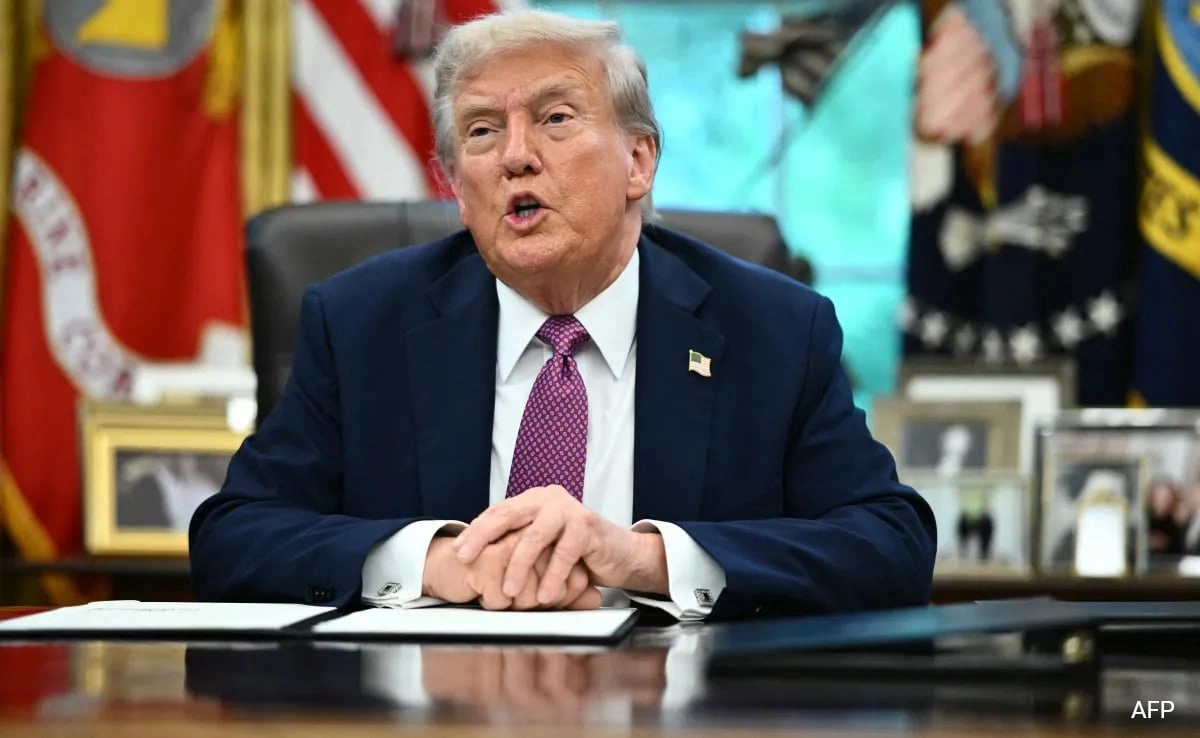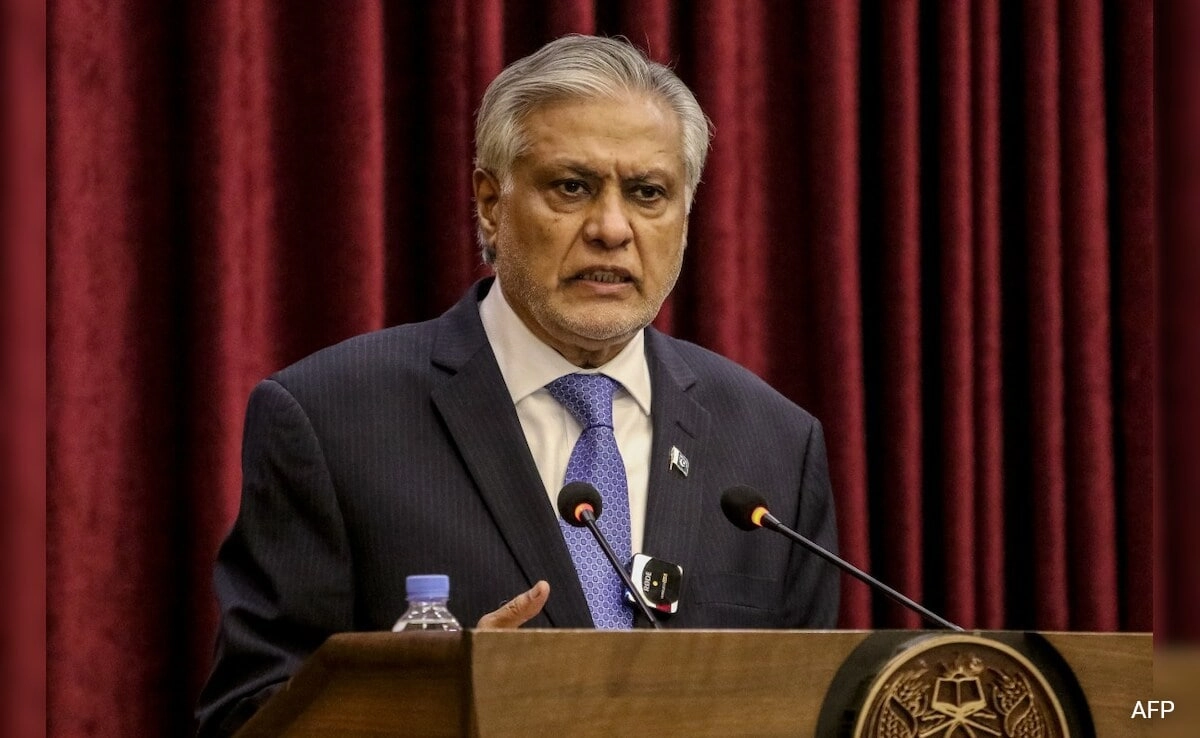Former President Donald Trump has proposed a substantial fee of $100,000 on H-1B visas, a move that could have significant ramifications for many Indian professionals seeking employment in the United States. The H-1B visa program has long been a pathway for skilled foreign workers, particularly from India, to secure positions in the U.S. tech industry and other sectors requiring specialized knowledge. By imposing such a hefty fee, Trump’s administration aims to deter the influx of foreign workers, ostensibly to protect American jobs. This shift in policy could force many employers to reconsider their hiring strategies, potentially leading to a slowdown in the recruitment of highly skilled workers from abroad.
For Indian professionals, this proposed fee could create considerable barriers to entry into the U.S. job market. The H-1B visa has been instrumental for many Indian nationals in securing lucrative positions in leading American companies, particularly in technology and engineering. The financial burden of a $100,000 fee would not only discourage companies from sponsoring H-1B applications but could also lead to a decrease in the number of jobs available for foreign workers. This situation could exacerbate the existing challenges faced by Indian applicants and diminish their opportunities for employment in the U.S.
In addition to the financial implications, the proposal raises broader questions about the future of immigration policy in the United States. The H-1B visa has been a focal point in discussions about immigration reform, with advocates arguing that it is essential for maintaining the U.S.’s competitive edge in technology and innovation. Critics of the proposed fee argue that it could harm the country’s economy by limiting the pool of talent available to American companies. As the landscape of global talent acquisition evolves, the potential implementation of such a fee could reshape the dynamics of the U.S. labor market, particularly in industries that rely heavily on skilled foreign workers.
Moreover, the imposition of a $100,000 fee might drive Indian professionals to seek opportunities in other countries, where immigration policies may be more favorable. Countries like Canada and Australia have been actively courting skilled workers from around the world, offering more attractive visa options and pathways to permanent residency. As a result, the U.S. could risk losing its status as a premier destination for global talent, which could have long-term implications for its economy and innovation capacity. The potential changes to the H-1B visa program under Trump’s proposal warrant close scrutiny, as they could significantly alter the landscape for Indian professionals aspiring to work in the United States.




